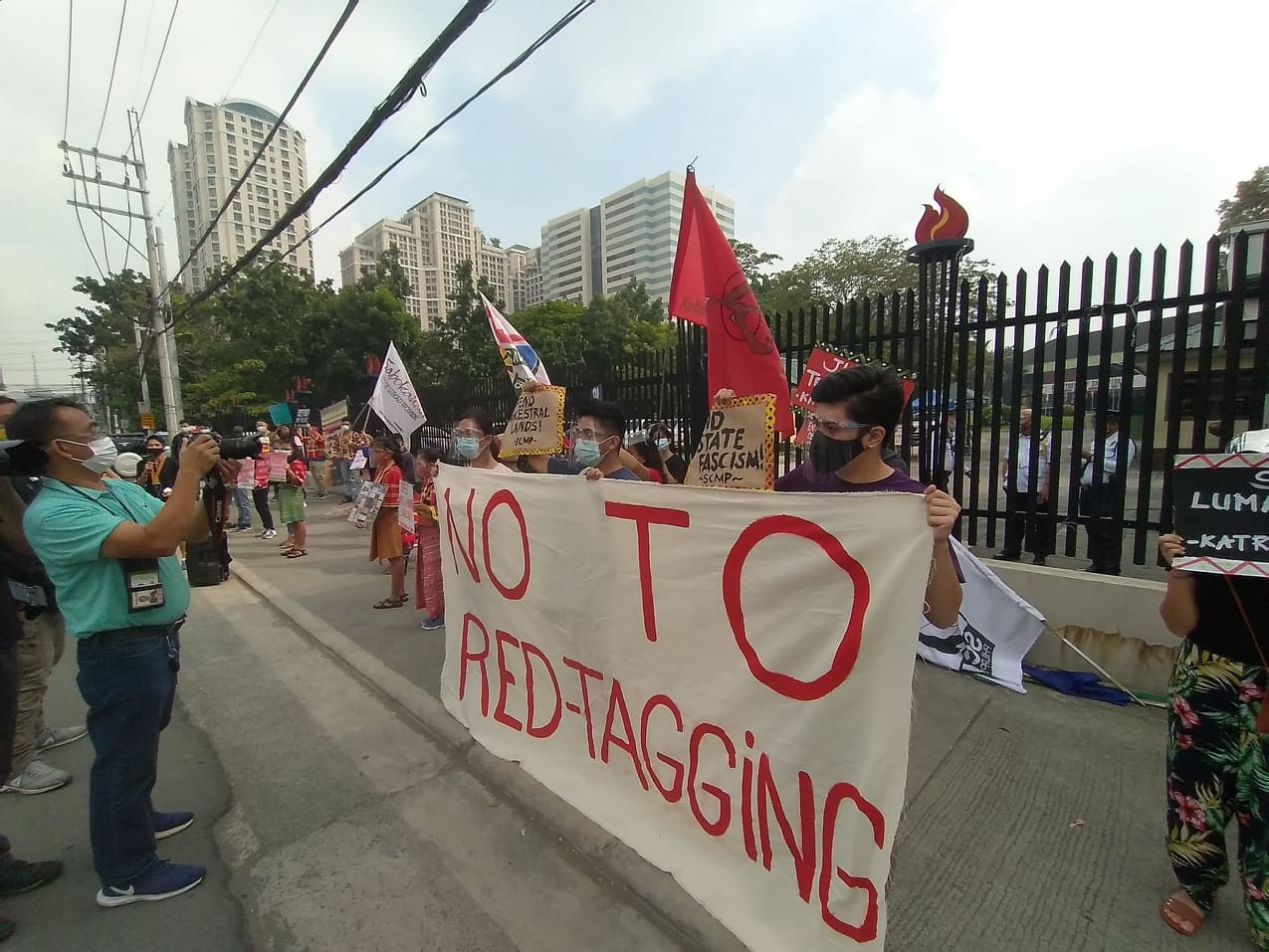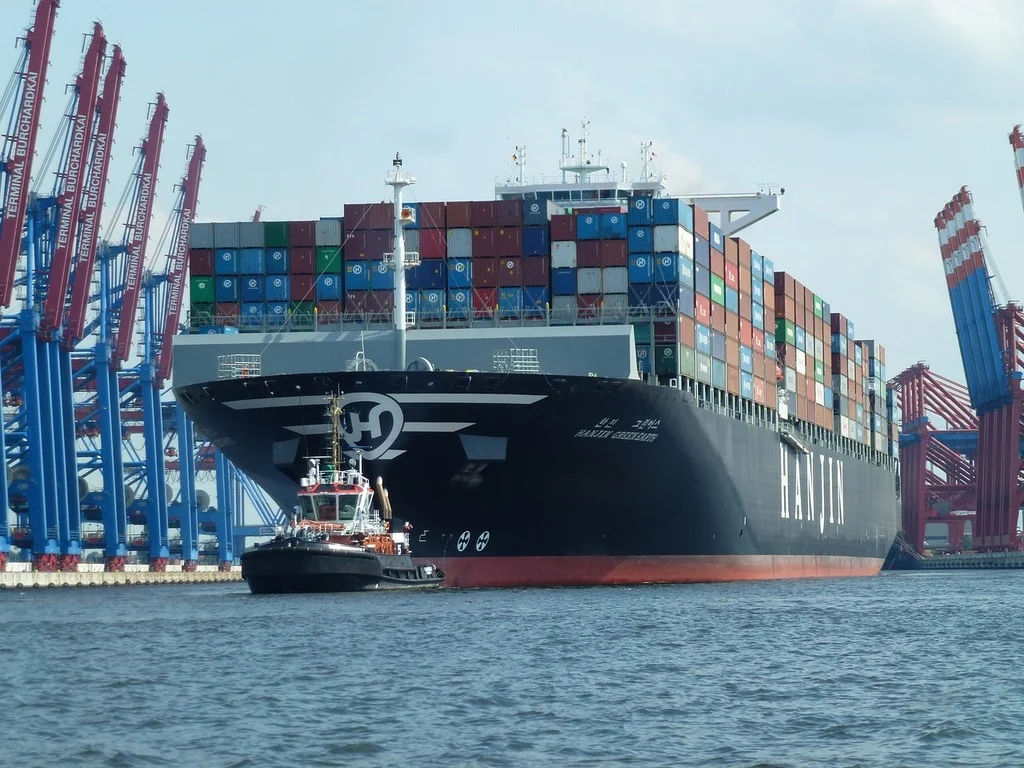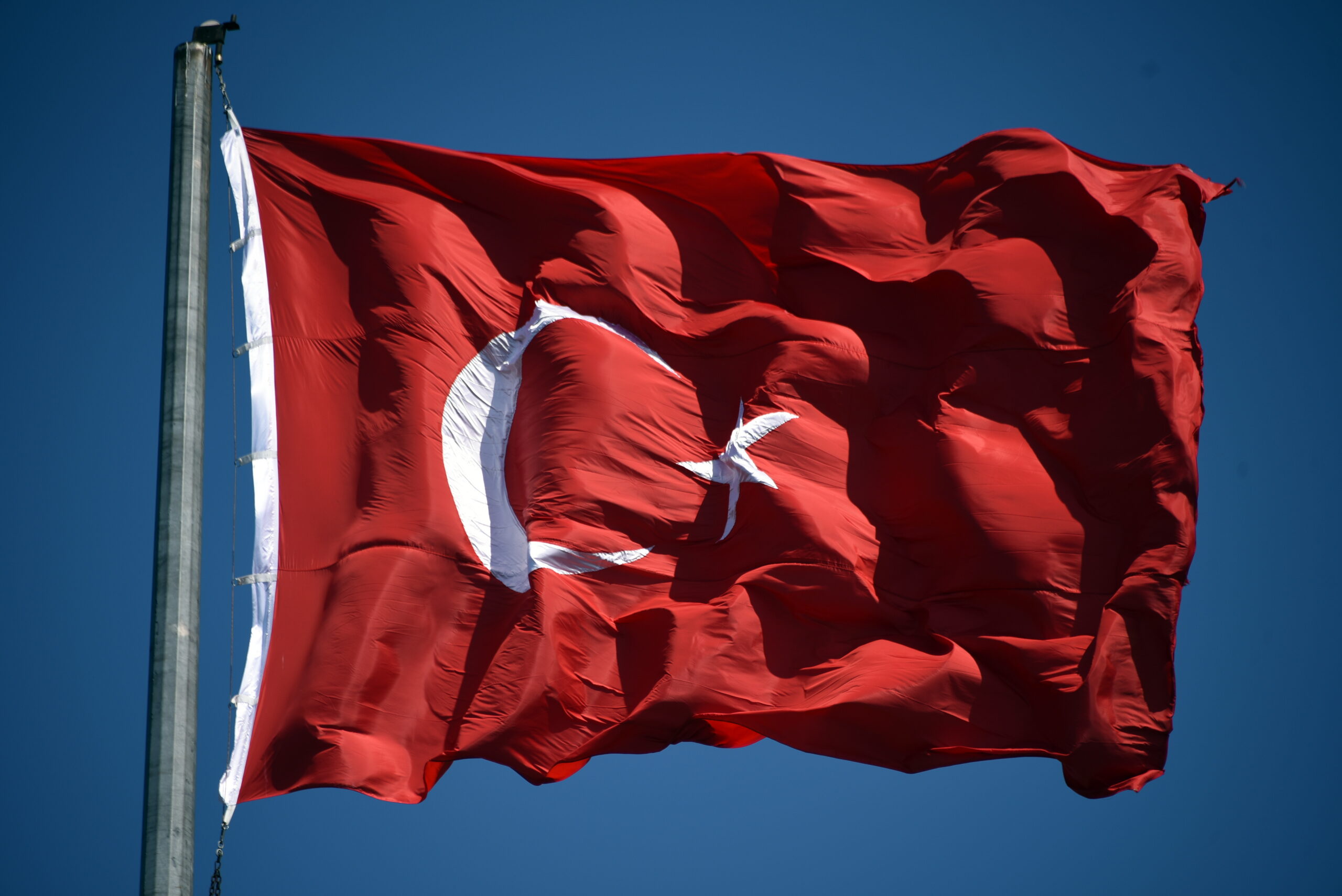Malaysia and Indonesia are exploring a joint development agreement in the contested Ambalat area, signalling a renewed effort to manage their maritime dispute through cooperation rather than confrontation. Prabowo’s pivot from nationalist rhetoric to pragmatic diplomacy reflects a broader shift in Indonesia’s approach to regional maritime conflicts.
Malaysia’s Prime Minister Anwar Ibrahim has just concluded his official state visit to meet Indonesian President Prabowo Subianto in Jakarta. The official state visit plays a vital role in the bilateral relations between Indonesia and Malaysia. Among many issues discussed was the proposal to conduct a joint development in the long-standing Ambalat dispute between the two countries. This proposal reiterates Prabowo’s good neighbors’ policy and could be a form of provisional measures regulated under UNCLOS Article 83(3).
The Ambalat dispute over oil and gas exploration in the overlapping continental shelf has long been an issue in Indonesia-Malaysia relations. The issue goes back to 1969 when the nations concluded a Continental Shelf delimitation agreement, however at the time, the treaty did not clearly deal with the Ambalat bloc. In 1979, Malaysia issued a unilateral map that included Ambalat as part of their jurisdiction. This provoked a strong response from Indonesia, with the public accusing Malaysia of grabbing Indonesian territory. Strong nationalistic sentiments demanded the government stand up against Malaysia. Since then, the Ambalat dispute has been a thorn in Indonesia-Malaysia bilateral relations.
During the latest state visit in Jakarta, President Prabowo and Prime Minister Anwar Ibrahim formally recognised the legal complexity of the dispute. While negotiating the final boundary delimitation agreement, they proposed deeper economic cooperation. Anwar also mentioned that both countries could establish a joint development authority to monitor the joint development.
Regional practices of Joint Development Agreement
A proposal to create a joint development agreement in an overlapping maritime area is not a novel idea. Some countries in Southeast Asia have been attempting to implement such cooperation to ensure economic benefits while delimitation negotiations are ongoing.
One of the closest examples is an overlapping maritime claim between Thailand and Malaysia in the Gulf of Thailand. Both nations have agreed to create a joint development agreement covering 7,250 sq. km of the contested shelf. In addition, the Malaysia-Thailand Joint Authority (MTJA) was established for managing and administering the daily operations of the joint development and sharing the benefits between the two nations. The cooperation has enabled Malaysia and Thailand to reap economic benefits from oil and gas exploration while negotiations for a final delimitation agreement are ongoing.
However, such provisional agreements may have positive as well as negative implications. The agreement could help avoid conflict escalation while deepening economic development and interaction. A challenge, however is that a joint development agreement may also disincentivise the settlement of the maritime boundary.
An Indonesia – China Joint Development proposal
Last year, Prabowo also proposed a similar joint development arrangement with China, as outlined in the Indonesia-China Joint Statement. At the time, Indonesia and China acknowledge that both countries have overlapping maritime claims and agreed to establish a joint development agreement.
A sticking point, however, is that where the Ambalat agreement between Malaysia and Indonesia is based on claims under UNCLOS, this isn’t the case in the Indonesia-China dispute. The distance between Indonesia and China exceeds the maximum maritime zone allowed under UNCLOS. Allegedly, the overlapping claim is within China’s nine-dash line claim, which was ruled illegal by the 2016 arbitration tribunal.
Therefore, the two proposed joint developments are not equal. The one involving Malaysia in Ambalat is governed by international law, and the one involving China is not based on UNCLOS.
Indonesia’s shifting policy on maritime dispute
Prabowo’s joint development proposal in Ambalat is a departure from previous government positions. Under President Susilo Bambang Yudhoyono (2014-2014), the Ambalat bloc was considered to solely belong to Indonesia, meaning that the chance for negotiation was closed. Under President Joko Widodo (2014-2014), the Ambalat dispute remained dormant, and a joint development arrangement was never seriously considered. President Prabowo is unmistakeably more pragmatic in his policies towards maritime disputes.
Conclusion
The proposal for joint development in Ambalat marks a new chapter for the long-standing dispute between Malaysia and Indonesia. Prabowo has abandoned the nationalistic approach towards the dispute and has adopted a more pragmatic approach. This pragmatic approach will hopefully create more stability, with economic benefits for both Indonesia and Malaysia. This spirit of cooperation could lead to stronger cooperation as long as it is implemented under international law.
Aristyo Rizka Darmawan is a lecturer in international law at Universitas Indonesia and PhD Scholar at the Australian National University.
This article is published under a Creative Commons License and may be republished with attribution.





